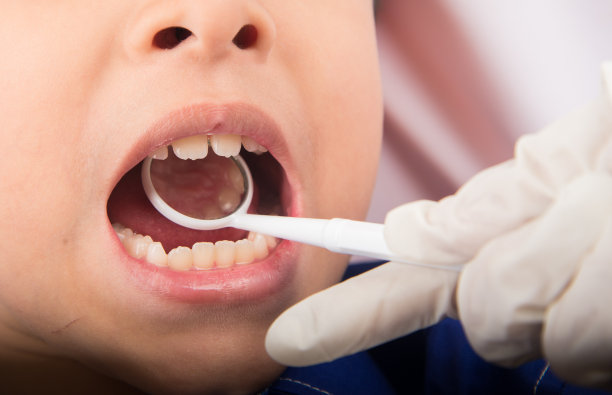Essential Precautions You Must Take Before and After Your Dental Filling Procedure for Optimal Oral Health
Summary: Dental fillings are essential for restoring damaged teeth and maintaining optimal oral health. However, precautions before and after the procedure can significantly impact the success and comfort of the treatment. This article delves into vital precautions, including pre-procedure preparations, post-procedure care, understanding different types of dental fillings, and maintaining consistent communication with your dentist. Each of these areas plays a crucial role in ensuring a smooth dental filling experience, minimizing discomfort, and promoting long-term oral health.
1. Preparation Before Your Dental Filling

Before undergoing a dental filling, its critical to prepare adequately to ensure a smooth process. First and foremost, reviewing your dental health history with your dentist can provide invaluable insights. Discussing your previous dental treatments, allergies, and any medications youre taking may help strategize the best approach for your filling.
Secondly, consider scheduling the appointment when you have some downtime afterward. Many people experience some numbness or discomfort following dental work, so it’s wise to plan around these effects. This consideration allows you to rest and recover adequately without having to rush through your day immediately post-procedure.
Lastly, aim to eat a nutritious meal prior to your appointment. Having a balanced meal ensures youre in good health and can minimize potential complications from anesthesia. Foods rich in vitamins and minerals can also help your body heal faster after the procedure.
2. Understand Your Filling Material Options
It’s essential to understand the different types of dental filling materials available, as they vary in durability, aesthetics, and cost. Composite resin fillings are among the most popular choices as they blend harmoniously with your natural tooth color. Being aesthetic, they are particularly favored for front teeth restoration.
On the other hand, amalgam fillings are durable and generally more affordable, making them ideal for placing in back teeth where pressure from chewing is significant. Understanding these differences enables you to make an informed decision in consultation with your dentist to ensure the best fit for your needs.
An emerging option includes glass ionomer fillings, which release fluoride and bond well with the tooth structure. This type of filling can be particularly useful in certain scenarios, such as in pediatric dentistry. Always consult with your dentist to assess which material aligns best with your dental health goals.
3. Post-Procedure Care for Optimal Recovery
After getting a dental filling, taking care of your oral health is crucial to ensure optimal recovery. Initially, avoid chewing on the side of your mouth with the new filling until the initial numbness wears off. This precaution prevents accidental bites and allows the filling to set correctly.
Additionally, maintain excellent oral hygiene practices following the procedure. Brush your teeth gently and regularly, focusing on the filled area to avoid plaque buildup. Using a fluoride toothpaste can help strengthen your teeth and promote healing.
Staying mindful of any unusual sensations or prolonged discomfort is also essential. If you experience sensitivity to temperature or sharp pain, don’t hesitate to reach out to your dentist for advice. They can provide solutions to ensure that your recovery remains on track.
4. Importance of Regular Dental Checkups
Regular dental checkups play a crucial role in maintaining oral health, especially after receiving a filling. Visiting your dentist for routine exams helps detect potential issues with your filling and overall dental health sooner rather than later. Consistent monitoring can also prevent more substantial problems down the road.
During your visits, your dentist will assess the integrity of the filling and ensure that it continues to fit well within your bite. This evaluation is essential for preserving the surrounding teeth and gums as well.
Furthermore, professional cleanings during these checkups are instrumental in preventing cavities and gum disease. Keeping consistent dental appointments not only supports your filling but contributes positively to your overall oral health.
Summary:
In conclusion, taking essential precautions before and after your dental filling procedure can significantly enhance your oral health. From proper preparation and understanding filling materials to effective post-care and regular checkups, each aspect plays a vital role in achieving a successful outcome.
By following these guidelines, you can ensure a smooth experience and maintain optimal oral health for years to come.
This article is compiled by Vickong Dental and the content is for reference only



